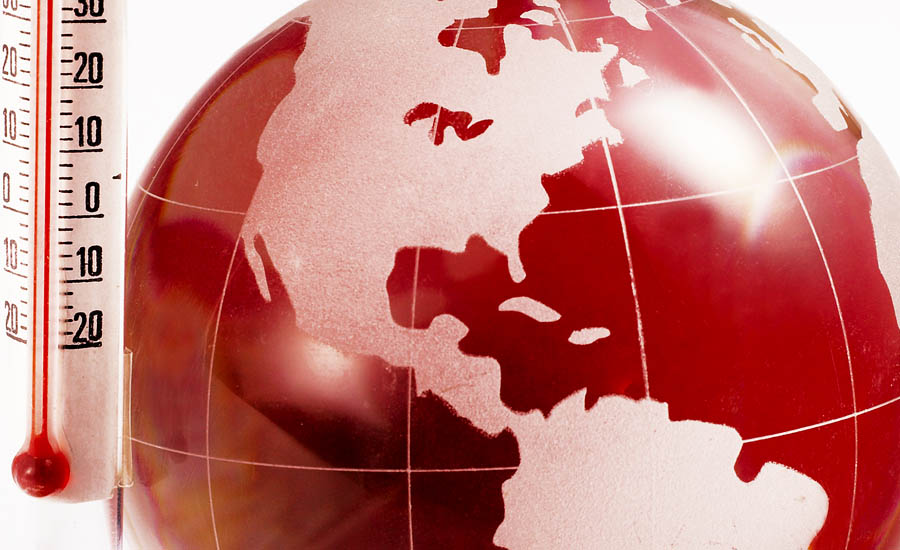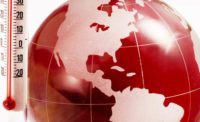Trump withdraws U.S. from Paris Climate Agreement

President Donald Trump has announced that he is withdrawing the United States from the Paris Climate Accord, a globally agreed upon coalition aimed at reducing emissions that cause climate change. Trump called climate change a “hoax” during his presidential campaign.
The White House said the agreement, which went into effect in November 2016, doesn't sufficiently benefit the American people and had been “negotiated poorly.”
The accord sets as a specific goal keeping the Earth from warming by more than 3.6 degrees Fahrenheit.
Obama: U.S. rejecting the future
The move is the latest in a series of actions taken by Trump to reverse former President Obama’s steps toward reducing climate change, which include targeting the Clean Power Plan and its reduction in the amount of carbon pollution that power plants in the U.S. can legally emit.
Obama said that with the withdrawal, the U.S. “joins a small handful of nations that reject the future.” He called on states and cities to enact policies to limit emissions. Syria and Nicaragua are the only two countries – now joined by the U.S. – that do not take part in the accord.
The world leaders Trump met with during his first international trip as president last week urged him to remain in the accord, as did environmental groups, Democratic lawmakers and a number of business leaders.
Clean energy companies could suffer
Environmental Entrepreneurs, a nonpartisan group of business leaders, investors, and professionals, warned that withdrawing from the agreement will:
- Cede clean energy opportunities to China, Germany and other countries, hurting U.S. companies and 3 million Americans who work in solar, wind, energy efficiency and other sectors;
- Exclude U.S. companies from an estimated $19 trillion in global clean energy opportunities; and
- Result in possible carbon tariffs on U.S. goods, a major blow to U.S. companies that do business overseas.
While the U.S. can’t technically withdraw from the agreement until November 2019, it can nullify legislation linked it.
Looking for a reprint of this article?
From high-res PDFs to custom plaques, order your copy today!



